Episode 63: Juliana Spahr
PODCAST:
PLAY IN NEW WINDOW | TRANSCRIPT
SUBSCRIBE:
APPLE PODCASTS | GOOGLE PODCASTS | AMAZON PODCASTS | SPOTIFY
SUPPORT:
Rachel Zucker speaks with poet, scholar and activist Juliana Spahr about teaching, language poetry, studying at SUNY Buffalo, post-colonialism and anti-colonialism, personal rules she established when living, writing and teaching in Hawaii, finding a more nuanced way of avoiding appropriation (without just avoiding it completely), who she is willing to upset, what it means to not uphold a nation, funding, the influence of the state on literature, why literature and higher education (especially MFA programs) remain so segregated and influenced by whiteness, the problems with declamatory political poems, Commune—both the book press and the magazine—occasional poems, how the genre of poetry is changing, the role of the internet on political poetry projects, the impact of Black Lives Matter on literature, and how literature is becoming more and more like opera.
Books by Juliana Spahr
Du Bois’s Telegram: Literary Resistance and State Containment (Harvard University Press, 2018)
That Winter the Wolf Came (Commune Editions, 2015)
An Army of Lovers (with David Buuck) (City Lights, 2013)
Well Then There Now (Black Sparrow, 2011)
The Transformation (Atelos, 2007)
This Connection of Everyone With Lungs (University of California Press, 2005)
Fuck You—Aloha—I Love You (Wesleyan University Press, 2001)
Everybody’s Autonomy: Connective Reading and Collective Identity (University of Alabama Press, 2001)
Other Books and Writers Mentioned in the Episode
American Women Poets in the 21st Century: Where Lyric Meets Language, edited by Juliana Spahr and Claudia Rankine (Wesleyan University Press, 2002)
Myung Mi Kim’s Commons (University of California Press, 2002)
Gloria Anzaldúa's Borderlands / La Frontera: The New Mestiza (Aunt Lute Books, 2012)
Claudia Rankine’s Don’t Let Me Be Lonely (Graywolf, 2004)
Other Relevant Links

